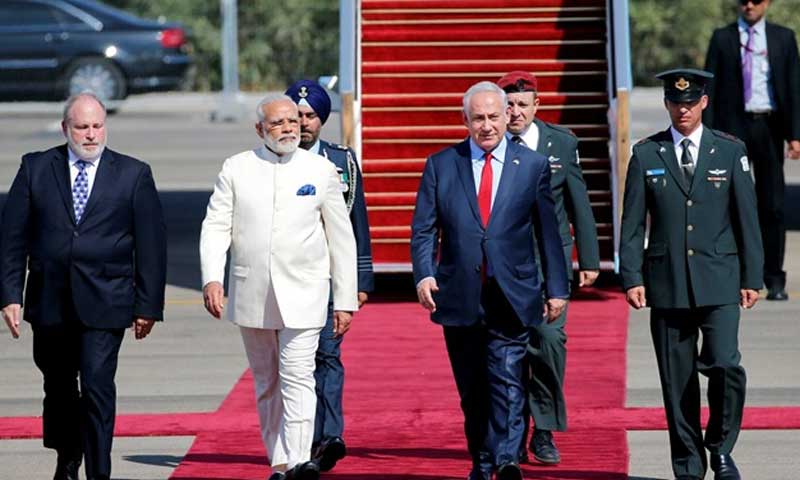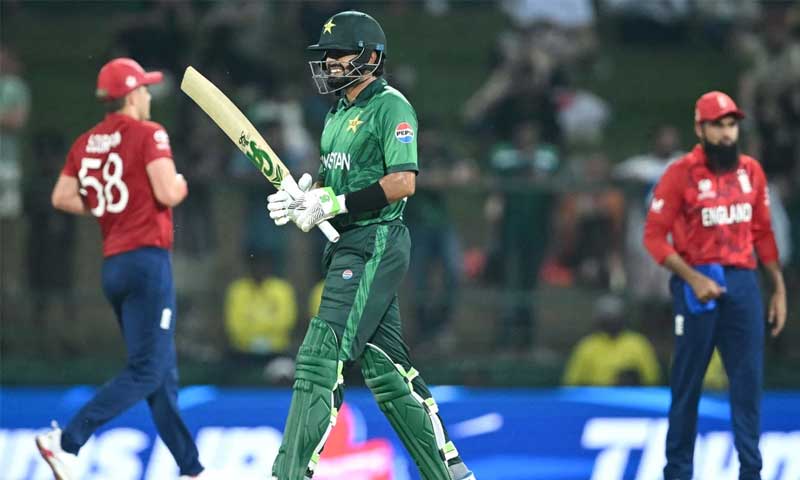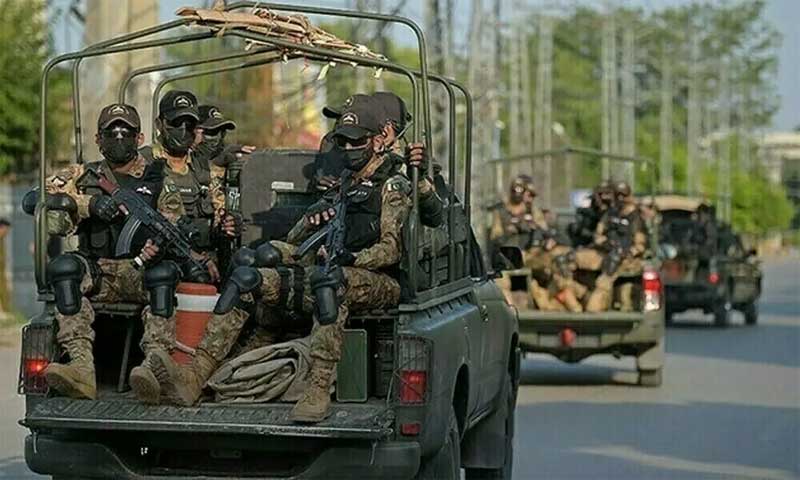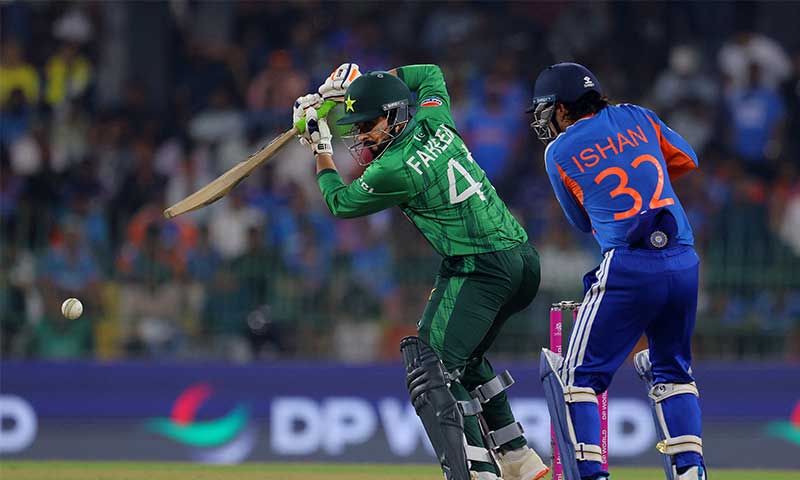- Web Desk
- Feb 26, 2026
Three PMs, one loop and a lesson never learnt
Every time a politician comes into power in Pakistan, it is never beyond doubt that he or she will fall into the good old cyclical black magic that we have seen for decades.
Typically, when a new ruler or government assumes power, there’s a silent grace period observed by the public for the first three months following which, whispers of discontent start to surface. Eventually, in three years’ time, the public’s patience wears thin, and they already want the government to leave.
Three years is the maximum time for a Pakistani political leader to maintain their honor and dignity after entering an office.
This pattern has been remarkably consistent since 1985. Not a single prime minister has managed to complete a full five-year term and even though one might lay the blame squarely on the institutions that don’t cut politicians any slack and meddle in the affairs of the government, the irony is that each incumbent is a recycled item. One that has already ruled previously and removed unceremoniously.
“Effective leadership demands a balance of communication and in the realm of power that might mean; talk less and observe more”
Once believed to be an exception to the trend, Imran Khan’s comrades would not only assert that he would break the wheel and serve a full five-year term, but even claim he could remain prime minister until 2028, or perhaps even for life. One can tell that it does not even exist as a distant dream after indulging in a conversation with the party leaders today.
Effective leadership demands a balance of communication and in the realm of power that might mean; talk less and observe more. Even fervent Khan supporters concede that he talked too much and heard too little – a trait that landed him where he is today. Khan is not the only talker though.
A close observation shows a remarkable pattern for Pakistan’s three most prominent prime ministers. Zulfiqar Ali Bhutto was executed at the age of 51. Nawaz Sharif, a three-time prime minister, currently resides in self-imposed exile in London with a legacy marred by convictions and ineptitude. And Imran Khan is languishing behind bars in a small jail at the conjunction of the two provinces he just recently ruled.
Why is it then, that leaders like the three, at the top of their game and fame, are so dispensable? While some might argue about the sacrifices of politicians throughout Pakistan’s history, it seems every time these leaders made it to the big office, they started to cherry pick military officers for top ranks who would go on to rebel and orchestrated their downfall.
Bhutto’s promotion of Zia, or Sharif favoring Musharraf over senior officers implies that merit was never the driving force behind these promotions. It was all personal – the shopkeeper syndrome. Imran is no exception here. Extending General Bajwa’s tenure and prioritizing Faiz Hamid over senior officers is in continuity of the tale. He failed to learn from Bhutto and Sharif and ended up meeting the same fate.
I am often asked about my lack of sympathy for political leaders, particularly prime ministers. My answer is always very simple – they, most often than not, become the shopkeepers focused on personal gains and sheer disregard for the customers, which in this case are the public.
This self-serving attitude drowned the three most popular leaders of their times but that is not the end. Each believed he was wiser than his predecessors, each happily dug the pit that saw their fall. The situation, hence, begs a question. Who will break this pattern, and when?
With the direction in which the country is headed, and with dwindling hope that has resulted in mass depression in Pakistan, will we ever see a prime minister who will draw power from the aspirations of the people and behave like a leader instead of a shopkeeper?






